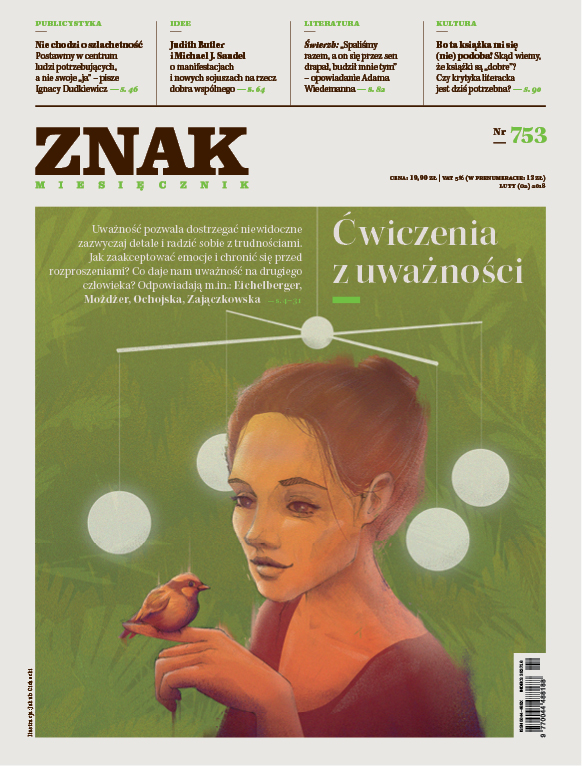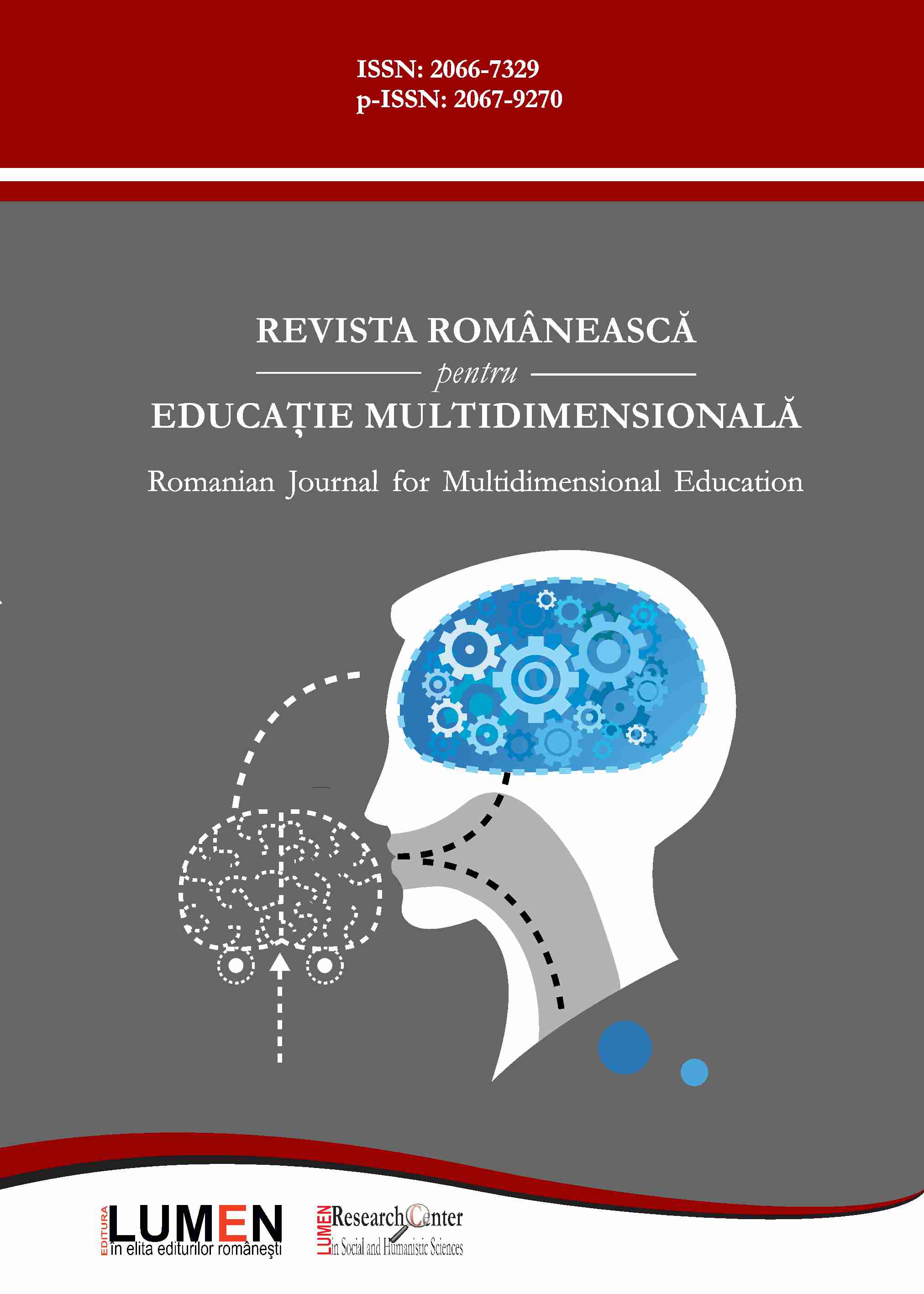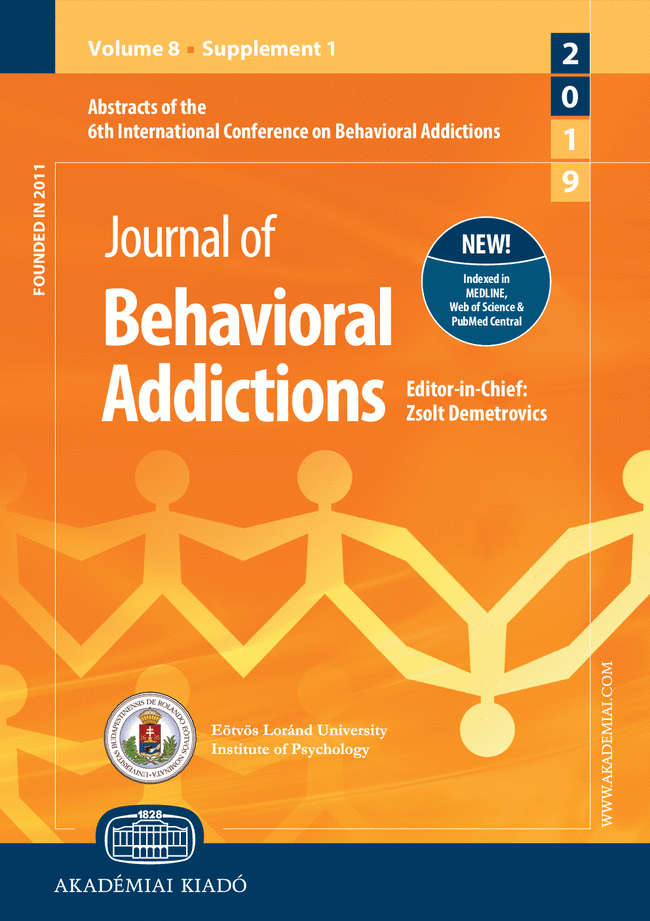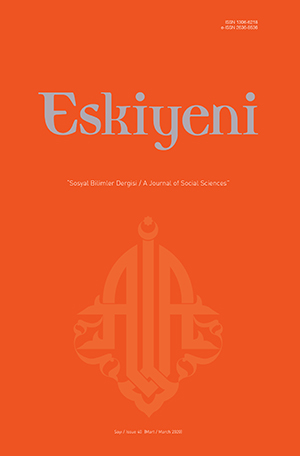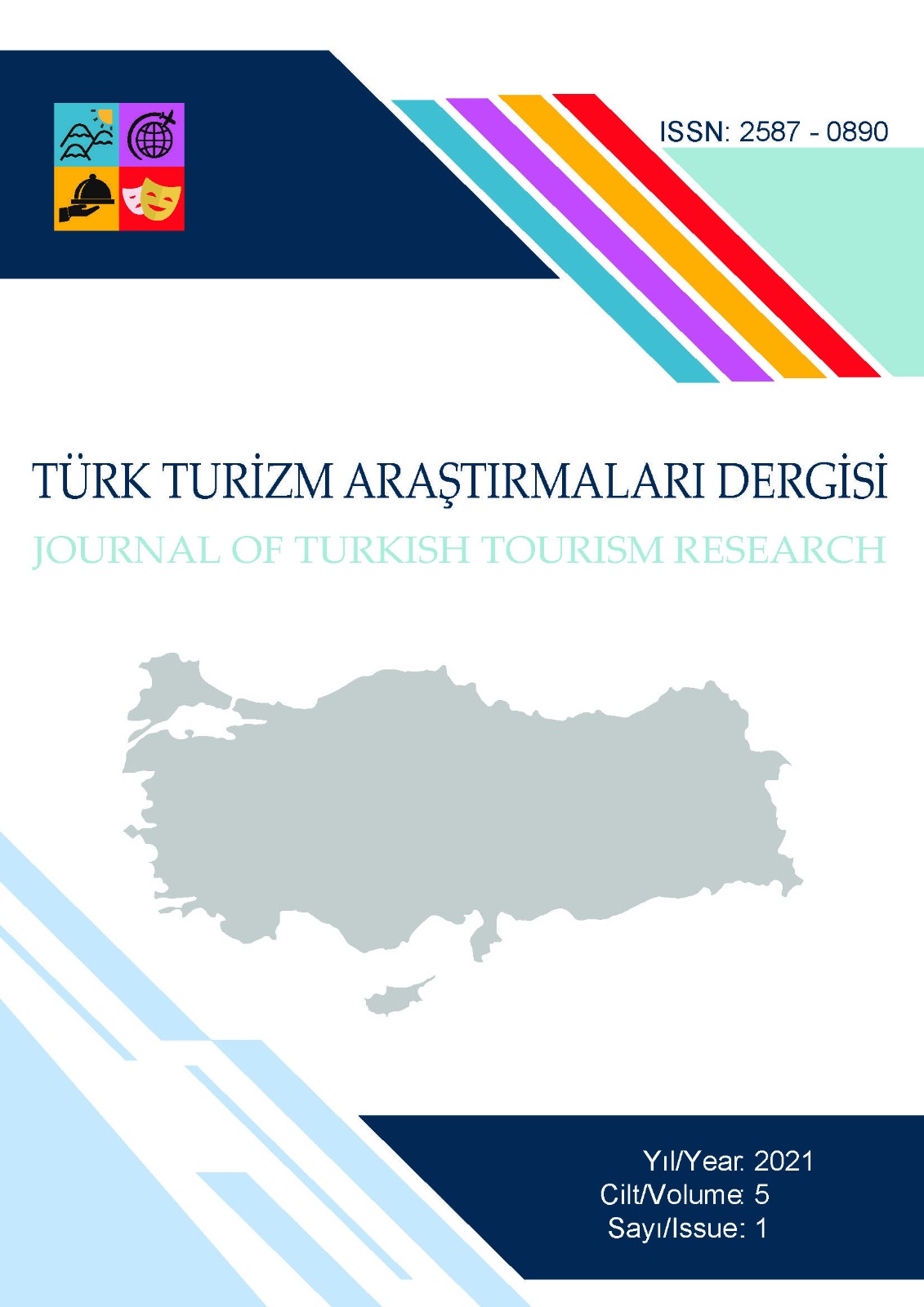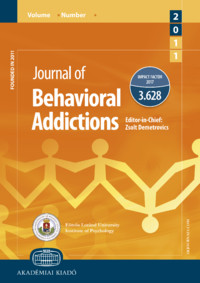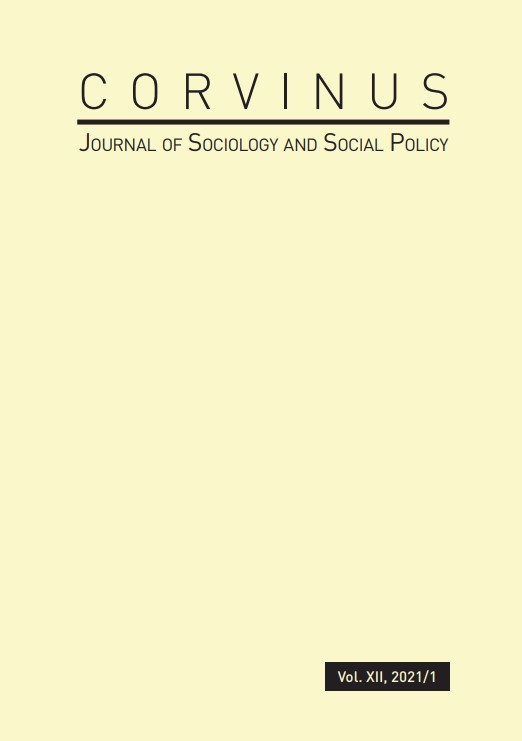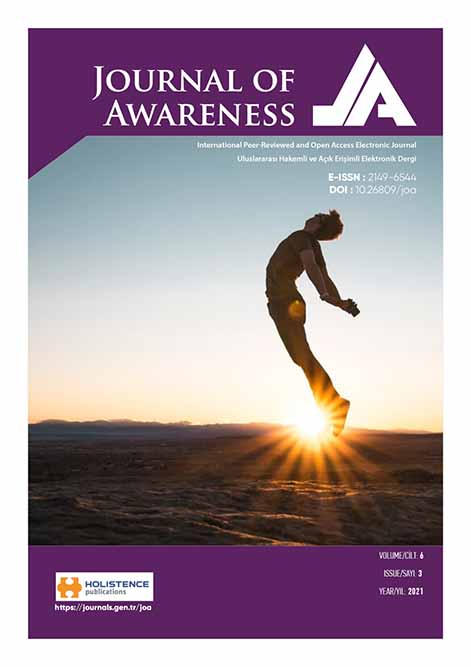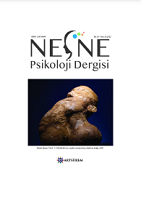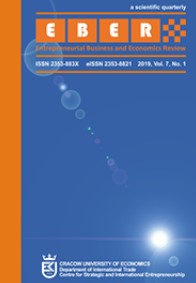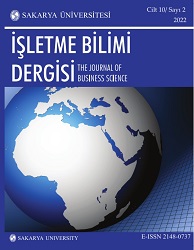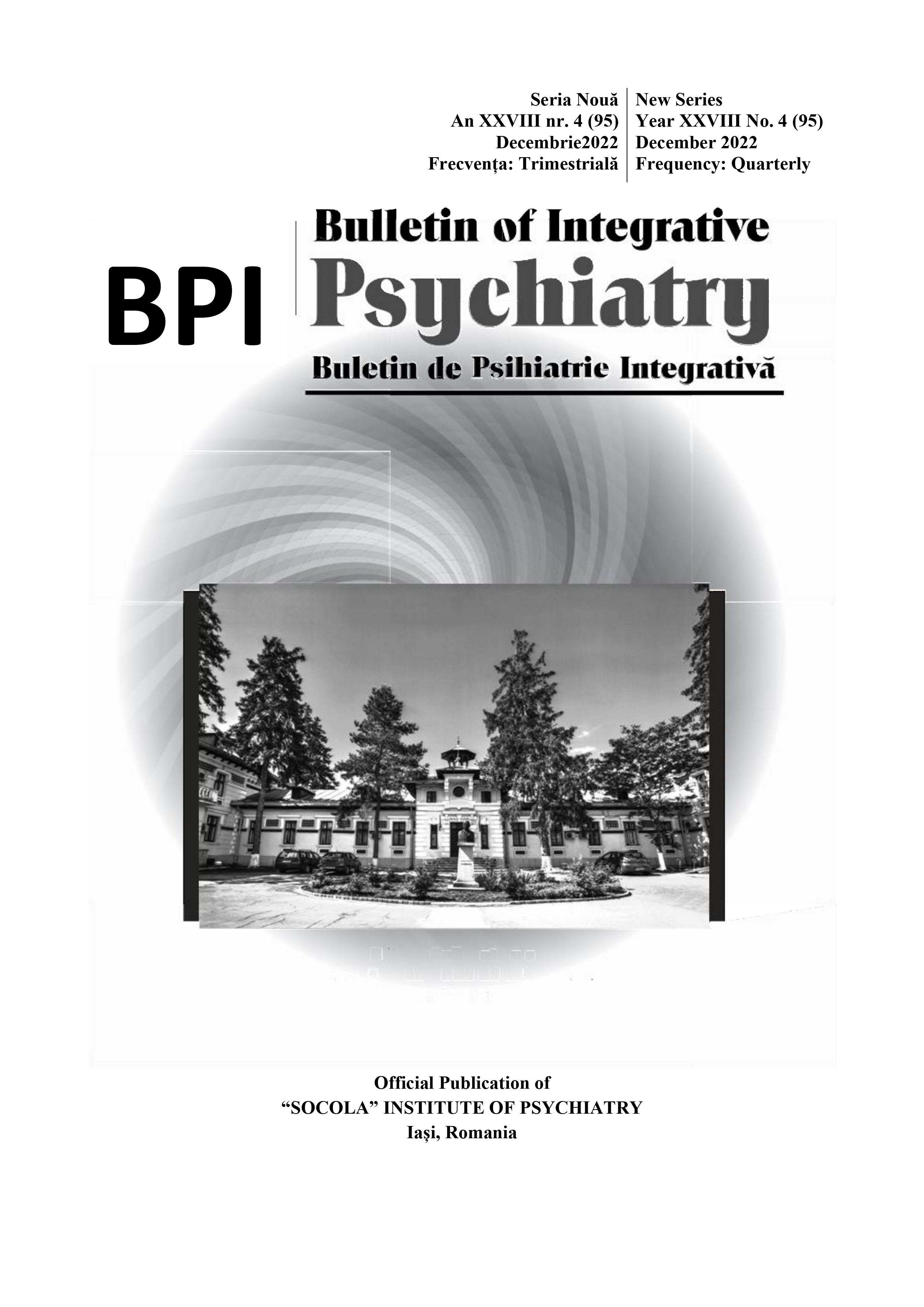Farkındalık ve Kabullenme Psikoterapilerinin Temel Stratejileri ve İslam
Author(s): Elif Kara / Language(s): Turkish
/ Issue: 40/2020
Keywords: Psychology of Religion; Mindfulness; Acceptance and Commitment; Psychotherapy;Religion; Spirituality;
Living daily lives based on past sorrows and future worries, misleads people’s minds to fail of recognition the value of present time. Negative experiences might cause the person to misinterp-ret and misjudge daily events and him/herself. For example, a person might think that he/she failed to succeed on the reason that he/she is a failor. The mindfulness and acceptance therapies, intent to ensure a person’s life to be away from negative experiences and living life more attenti-ve, caring, conscious and carefully. Hereby a person might choose for his/her a life suitable for the values that are important to him/her (graduating from the school, building a family, etc.).Therapies based on mindfulness are considered as a member of cognitive behavioral therapies as they work on cognition and change behavior, and these therapies re-form a the metacognition. The concept of metacognition is the knowledge of the functioning of one's own thinking /cognitive processes. Avoiding negative emotions and thoughts is a way of negative coping. Such avoidance provides immediate relief, but prevents healing. The person can be healed only by recognition his/her dysfunctional negative way of thinking. Observing dissatisfied thoughts patiently, non-judging as good or bad, letting them go instead of taking them as a part of one’s own personality, are steps of healing in mindfulness and acceptance based therapies. This state of emotion and thought can not be reached by self-enforcement. A life based on mindfulness requi-res long term practices. These practices are exercises such as breathtaking exercises, walking under rain, focusing on daily events, etc. that providing being at the moment. Therefore a mental management form improves that trains the mind and keeps it awake to live the life. Acceptance and Commitment Therapies (ACT) on the other hand, help the person to implement one’s values (building a good family, graduation from school, etc.) in a decisive manner. All components of mindfulness are implemented in this kind of therapy. The main point to distingu-ish those two, is the dominance of exercises to provide focusing on the moment in mindfulness therapy. ACT, on the other hand, more emphasizes the acceptance included by mindfulness. The two therapies are complementary with one another. Both therapies aim to reduce dependen-ce on the past and future. So the person can stay at the time he/she lives. Main strategies of both therapies are mutual including focusing at now, avoidance of judgement, observation, acceptan-ce and cognitive defusion processes. Those processes need to be applied jointly. So the person gains the ability to stay in the moment. Herewith these skills, the mind will be ready for living in harmony with the ultimate goal of ACT. Through self conscious skills, a person can realize functi-onal actions which are meaningful and suited his/her values.Therapies based on mindfulness and acceptance are fed by the teachings of Buddhism, a spiritual tradition. In Buddhism, one's thoughts are assumed to have curative or diseased effects. So it is important to train thought according to Buddhism. Therefore it has been a source for mindful-ness and acceptance therapies in the content of Buddhism, “concentration of the person on himself/herself, making sense of his/herself existence and purpose, managing and improving his/her thoughts and wishes”. Sacred religions have concepts of mindfulness. Experiences of self-focus, mind and spirit, which are the purpose of mindfulness in religions, and these can provide a framework for mindfulness experiences. Because of these characteristics of believe, religious people have been prone to therapy with mindfulness practices. The important point here is not the way Buddhist practices are made, but the concepts that help cognitive/emotional recovery. For example, “acceptance”, one of the elements that regulate the mind, is a psychological con-cept that provides healing. Although the arguments that ensure acceptance, first draw attention in Buddhism, there are many elements to be used to raise mindfulness, many daily practices can be used. The existence of many thoughts and practices that will ensure this in religions has bro-ught the idea that religious clients can recover with their own concepts.Here is an example of a daily practice that provides mindfulness and focus; “mindfulness with eating grapes”. Daily practice can be walking, cooking etc. Therefore, instead of eating grapes, it may be another application within its own understanding that provides mindfulness for the Muslim client. In the field studies, it was emphasized that religious behaviors such as dhikr (chan-ting) and murakabah (feeling that God is observing) were used by religious counselors as they help one to focus on himself/herself to stay in the moment. Religions have more extensive con-tent than many daily practices that are accepted for mindfulness practices.As with mindfulness practices, it is also valid for ACT to benefit from religious concepts instead of daily life practices. Their own concepts, appropriate stories and metaphors can be used for Mus-lim clients to organize their cognition. For example, Mathnawi is widely used in psychothera-pies. The metaphor of positive and negative thoughts considered as guest and temporary in the mind house, observing them, and letting them go as they should (without getting angry and judging but just trying to understand) were found to be very useful in ensuring the acceptance in the theoretical framework of mindfulness and acceptance therapies.To summaries all above, we can claim that the effort shown by psycotherapies related to religion or sprituallity, does not have a meaning that psychology becoming more religious nor religious terms are transforming by being more relevant with the notions of psychology. Here, we are attemting to signify the diversity of many practices which attempt to build up mindfulness. Hereby it is possible to enrich therapies suitable with the cognitions of religious clients.Mindfulness and acceptance therapies use common strategies in a therapeutic process; such as focusing on the present moment, non- judging, acceptance, observation and cognitive defusion so far. Althouugh the practices, stories and methaphors which are suitable for the steps of such therapies find their resources in Buddhism, it is not necessary to limit the practices and stories considering that the rich consepts of religions especially the rich and generous resources of Islam can easly be considered as a part of therapy processes. Islam offers a life full of values based on human happiness for every sphere of life, such as encouraging of working, hopefulness, being part of a worthful life, loyalty to family, and value of social life.In this study, it is discussed that, with short sections of rich Islamic perspective, dhikr (chanting), murakabah (feeling that God is observing), worship, tawakkul (resignation), rıdah (consent), towba (repentance) are practices and thoughts that will increase the mindfulness and acceptance of believers, so that it can be applied in the practices of mindfulness and acceptance therapy. Conceptual harmony was found between Islamic thought and mindfulness and acceptance-based therapies.
More...


